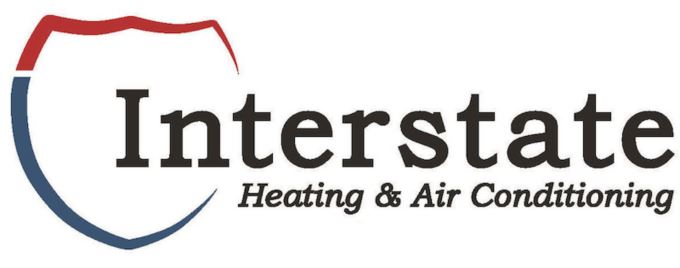
Significant changes are on the way for the heating and cooling industry! Cooling systems transitioning from R-410a to newer refrigerants like R-454B refrigerant and R-32 refrigerant will be implemented in 2025. These new coolants are designed to be more beneficial to the environment and satisfy new regulations about global warming. But what does that mean for your current HVAC system and any new services?
This transition will minimize the environmental impact of our air conditioning systems. Starting with 2025, new AC systems will use new class of refrigerants that more closely match with climate goals. If you're contemplating getting an AC replacement soon, this is the perfect time to learn more about how these new refrigerants can impact your home's comfort.
Why Are They Phasing Out R-410a for New HVAC Refrigerant?
For a long time, R-410a was the standard refrigerant for residential air conditioners because of its effectiveness. But research revealed that R-410a still affects global warming. Because of this, the Environmental Protection Agency (EPA) enacted a plan back in 2021. The industry will steadily phase out R-410a to replace it with refrigerants that are better for the environment.
The HVAC industry has undergone shifts like this before. When the industry phased out R-22 (commonly called Freon) to R-410a, homeowners like you had to follow suit. And in the same way, this change will influence how systems are constructed as well as the optimal methods for HVAC maintenance. Both homeowners and HVAC technicians must plan for these new refrigerants if they wish to continue enjoying the safest, most cost-effective cooling possible.
What Refrigerant Is Replacing R-410a?
The upcoming refrigerants fall under the new "A2L" classification and encompass the newest R-454B refrigerant and R-32 refrigerant coolants. They're created to deliver the same powerful cooling while substantially decreasing their global warming potential (GWP) compared to R-410a.
R-454B refrigerant is expected to be especially effective due to its GWP being around 78% less than R-410a. Although R-454B refrigerant is actually more flammable than R-410a, enhancements to system manufacturing and maintenance practices will ensure servicing is just as safe to perform. In addition, today's cooling systems using R-454B refrigerant are considerably more energy efficient, leading to considerable savings on energy bills over time, especially if you keep up with routine HVAC maintenance.
This transition isn't simply about replacing the refrigerant—it impacts the whole HVAC system because the characteristics of R-454B refrigerant make it not suitable for use in older systems. In time, every residence and business using R-410a will have to upgrade to one of the new systems.
R-410a Replacement: What Should I Consider in Order to Transition to New HVAC Refrigerants?
Transitioning to the new refrigerants isn't as simple as substituting what's used in your home's HVAC system. That's because the unique properties of R-454B refrigerant and R-32 refrigerant mean you can't use the new refrigerants in a system designed to use R-410a. But don't be concerned—you can still use your current R-410a system for now. Just remember that as time passes, the expense of repairs and tune-ups will go up as R-410a becomes harder to find.
Planning ahead is the optimal way to stay on top of things. If your AC system is currently getting old, this is the ideal time to contemplate upgrading to a newer model that uses the new R-454B refrigerant. Plus, the HVAC specialists here at Interstate Heating & Air Conditioning can support you with upgrading with flexible options for HVAC replacement financing.
Which Refrigerant Is in My AC System?
Uncertain which refrigerant your AC system uses? In general, you can easily find this information by examining the label on your outdoor unit. This label indicates the type of refrigerant, the model number and many other details about your cooling system.
But if you have difficulty reading the label or can't find your user manual, remain calm! You can always call one of the professional technicians at Interstate Heating & Air Conditioning to assist you in figuring it out. Get all the information you need by giving us a call at 402-581-9641.
